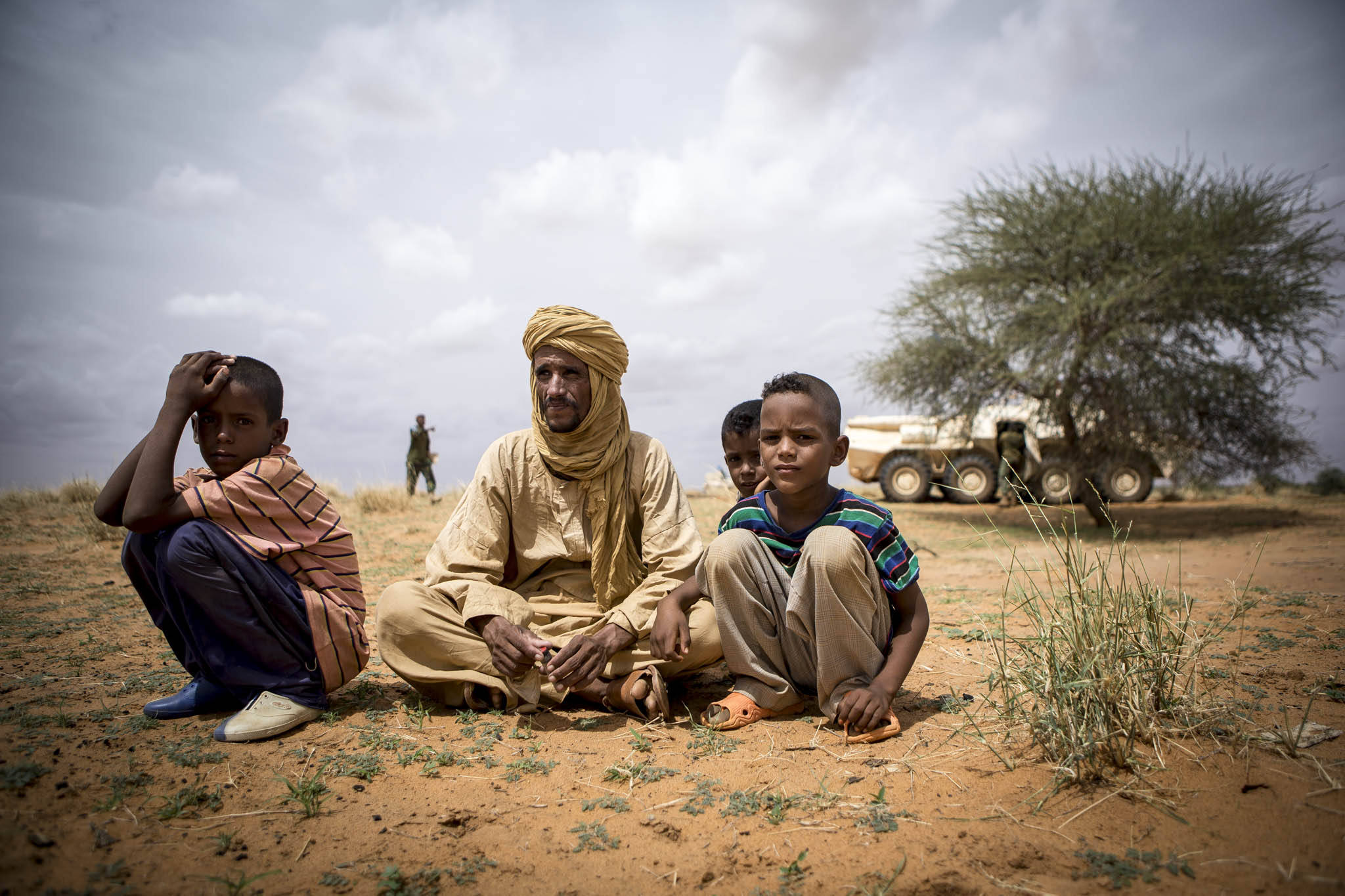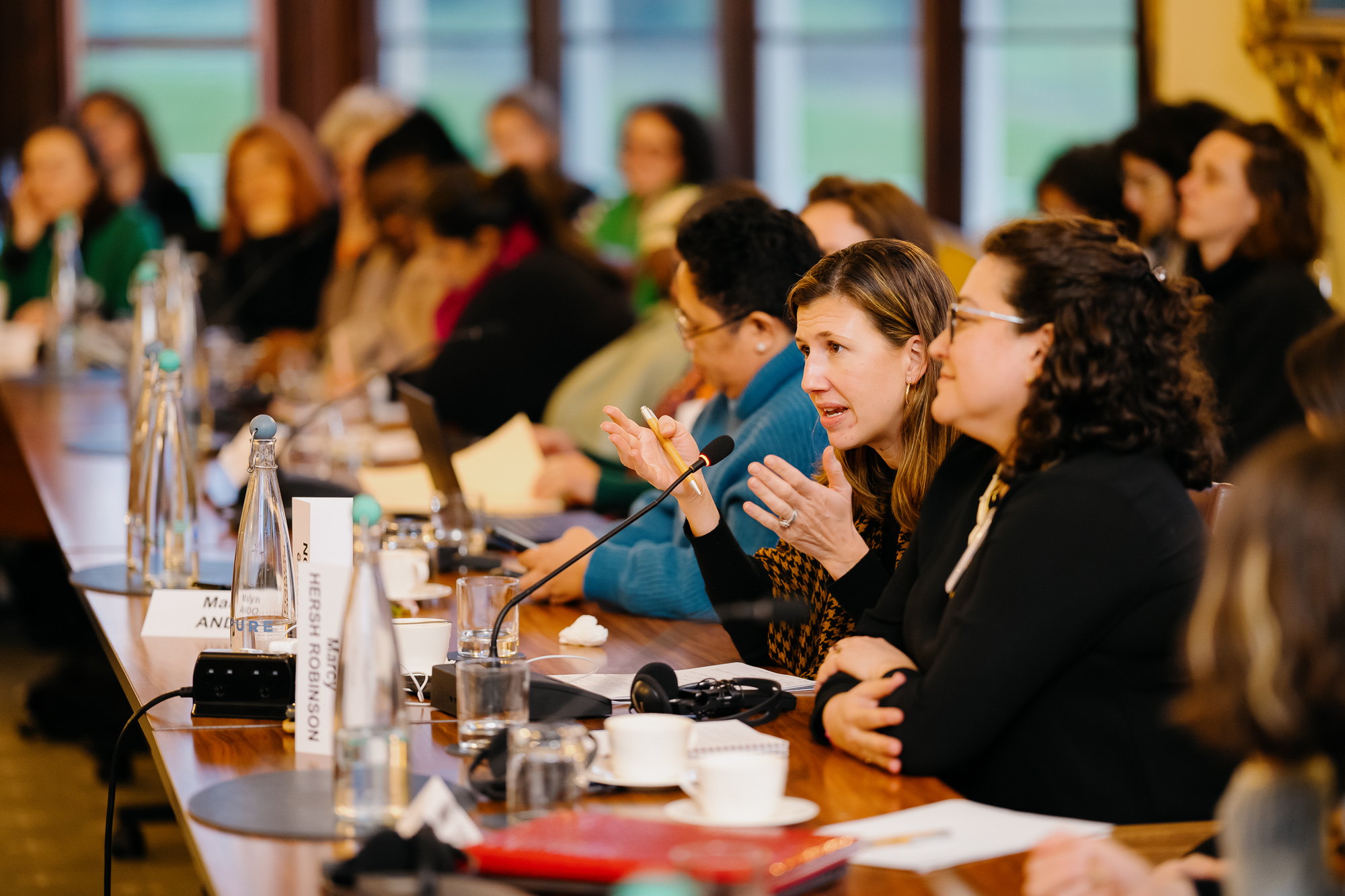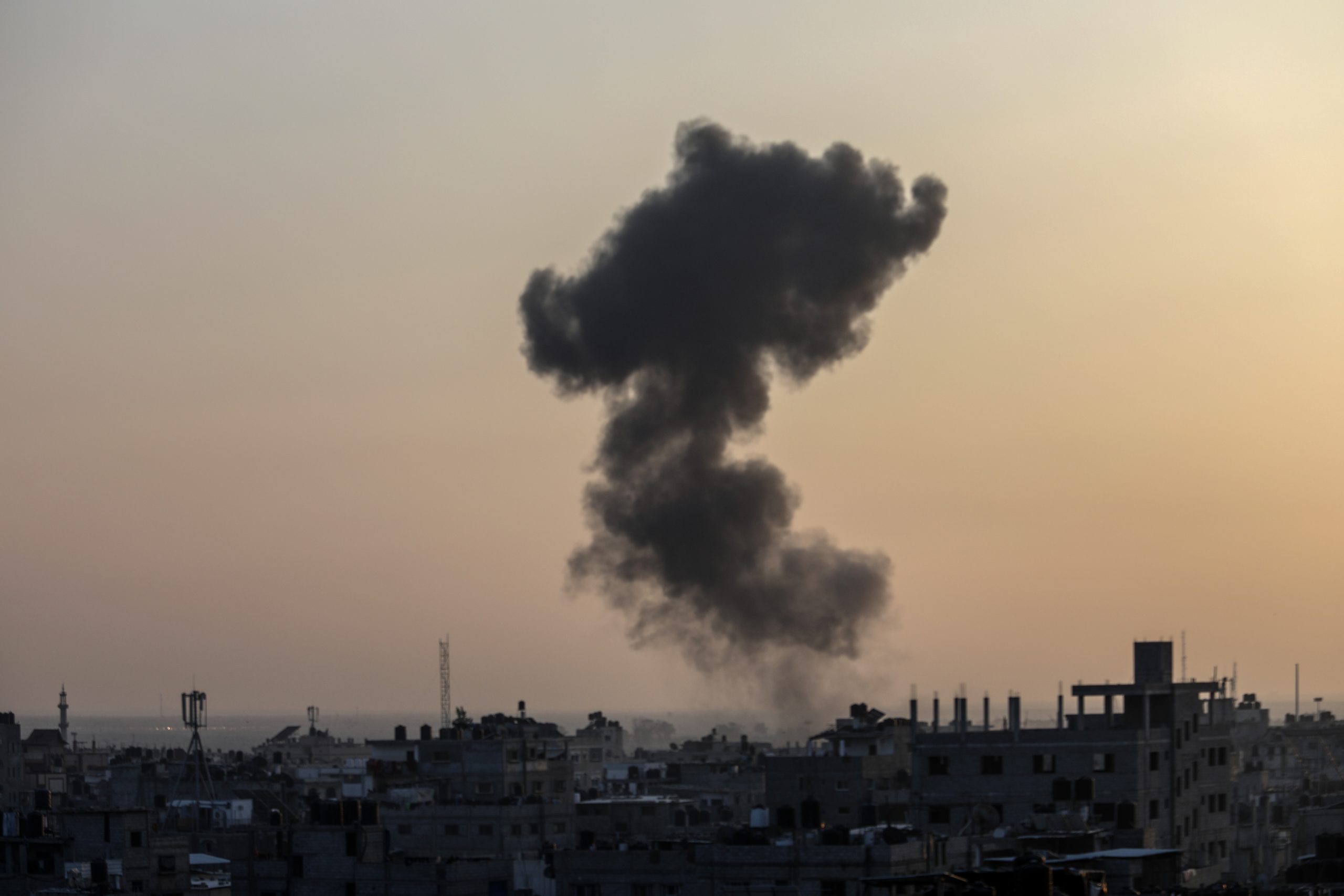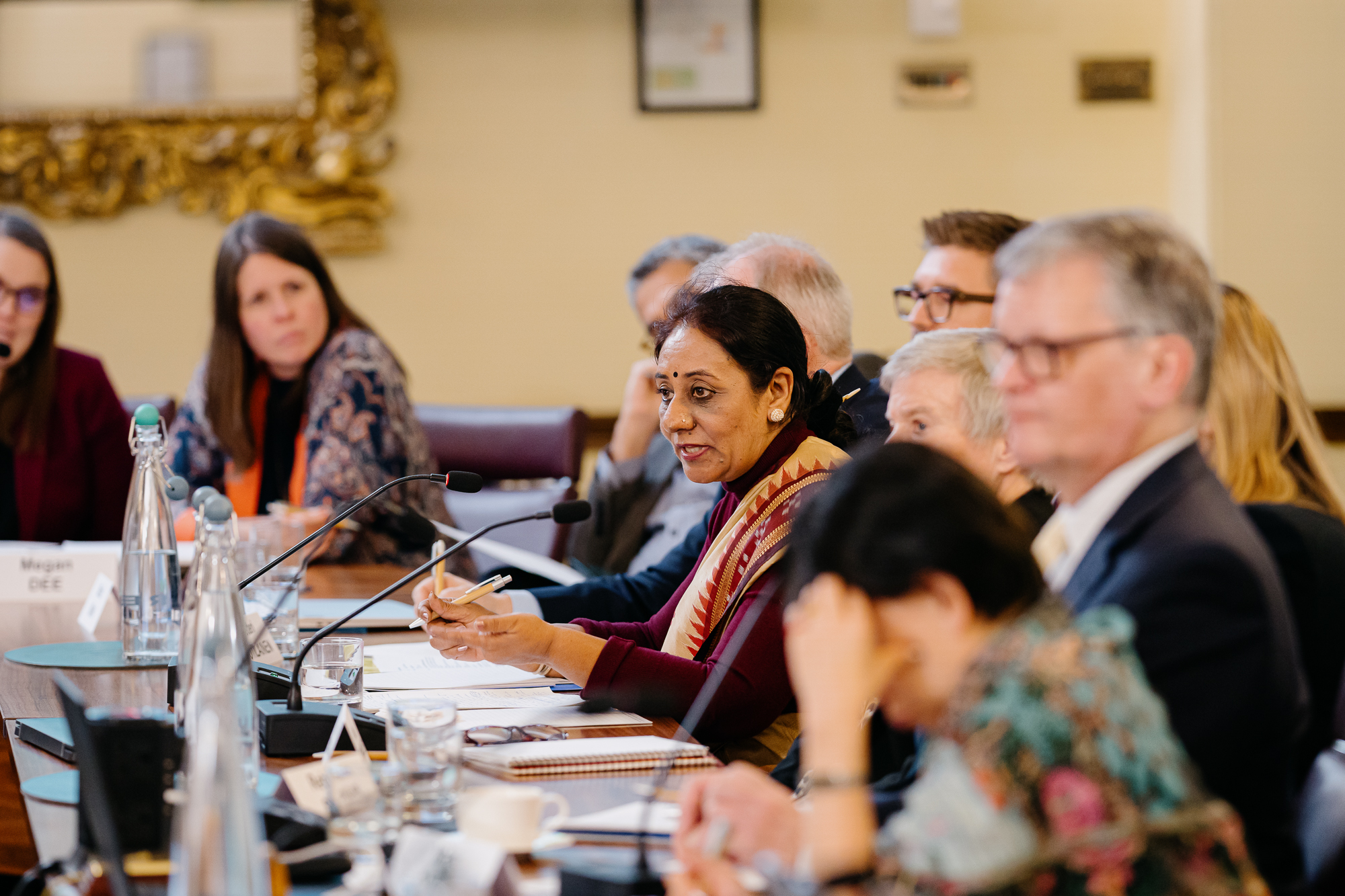Over the past decade some militaries have strengthened their commitments to protect civilians in conflict zones and to avoid civilian casualties from their own operations. This has stemmed from their practical experience and the recognition that harm done to civilians in conflict may not only constitute potential violations of international humanitarian law but can also undermine the realisation of strategic objectives. The example of Afghanistan strongly illustrates how the achievement of strategic aims depends on measures to mitigate civilian harm, and that these measures can be implemented without otherwise hampering operational effectiveness. Western militaries have taken away significant lessons from operations in Iraq, Afghanistan, and Libya, while agreement on a NATO Policy for the Protection of Civilians at the Warsaw Summit in July 2016 represents an important step forward in efforts to embed these lessons in professional military education, doctrine, and training.
Steps have been taken to alter operational practice by strengthening rules of engagement and improving training and awareness. However, significant barriers to effective civilian protection still exist, both in terms of Western military practice and particularly in working with partner country militaries on safeguarding civilians from unintended harm as well as from the predatory activities of other armed actors. As operations increasingly depend on the efforts of partner forces, the risk of civilian harm by those forces can also threaten the achievement of their own and shared political goals. The extensive training and capacity building activities undertaken by NATO, EU and their member states with partner militaries present an opportunity to work together in support of more effective approaches to training partners in civilian protection.
This event brought together military professionals, civilian defence and diplomatic officials, and NGOs from NATO, EU and member states along with counterparts in partner countries to discuss effective policy and operational approaches for the protection of civilians in conflict.












